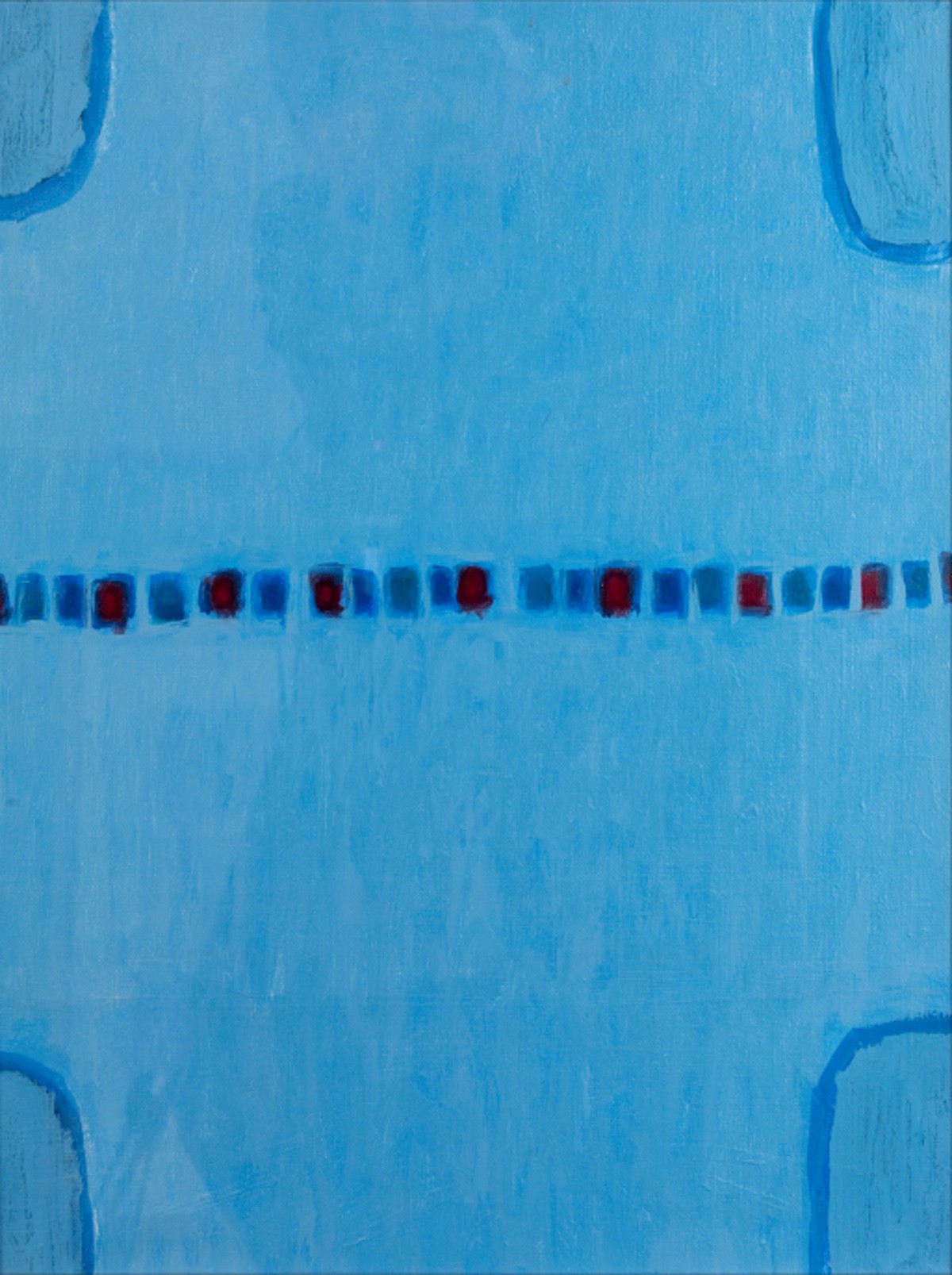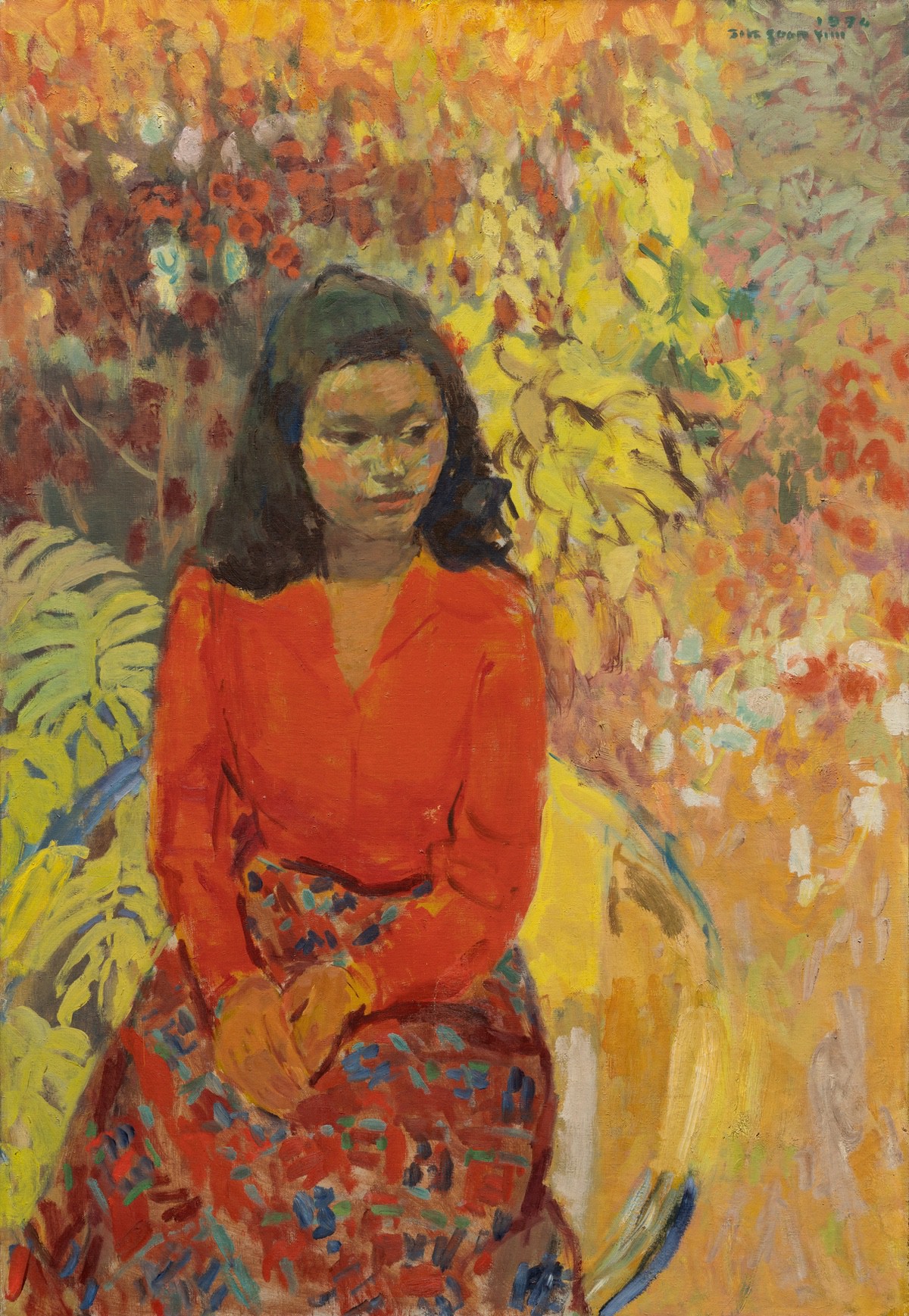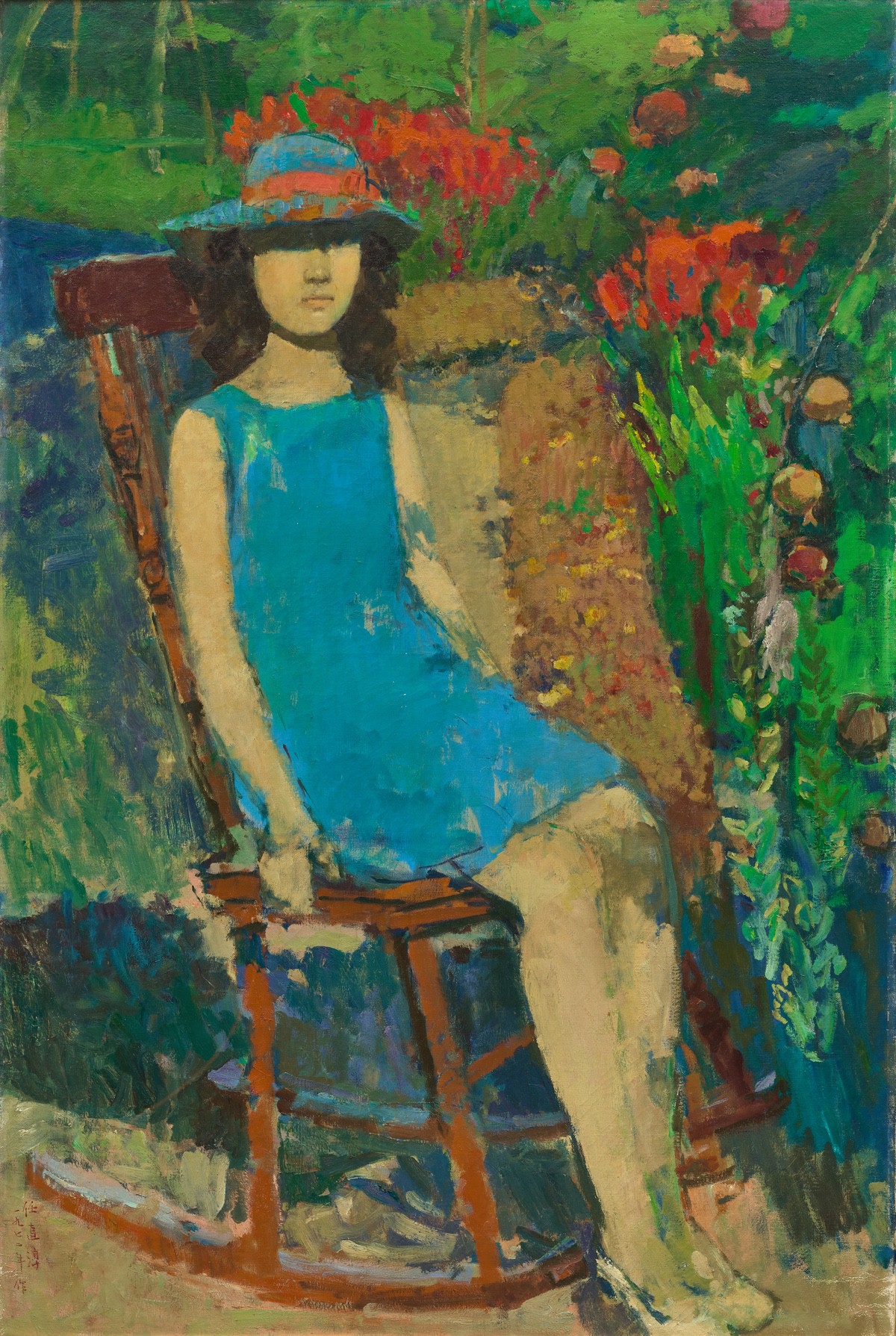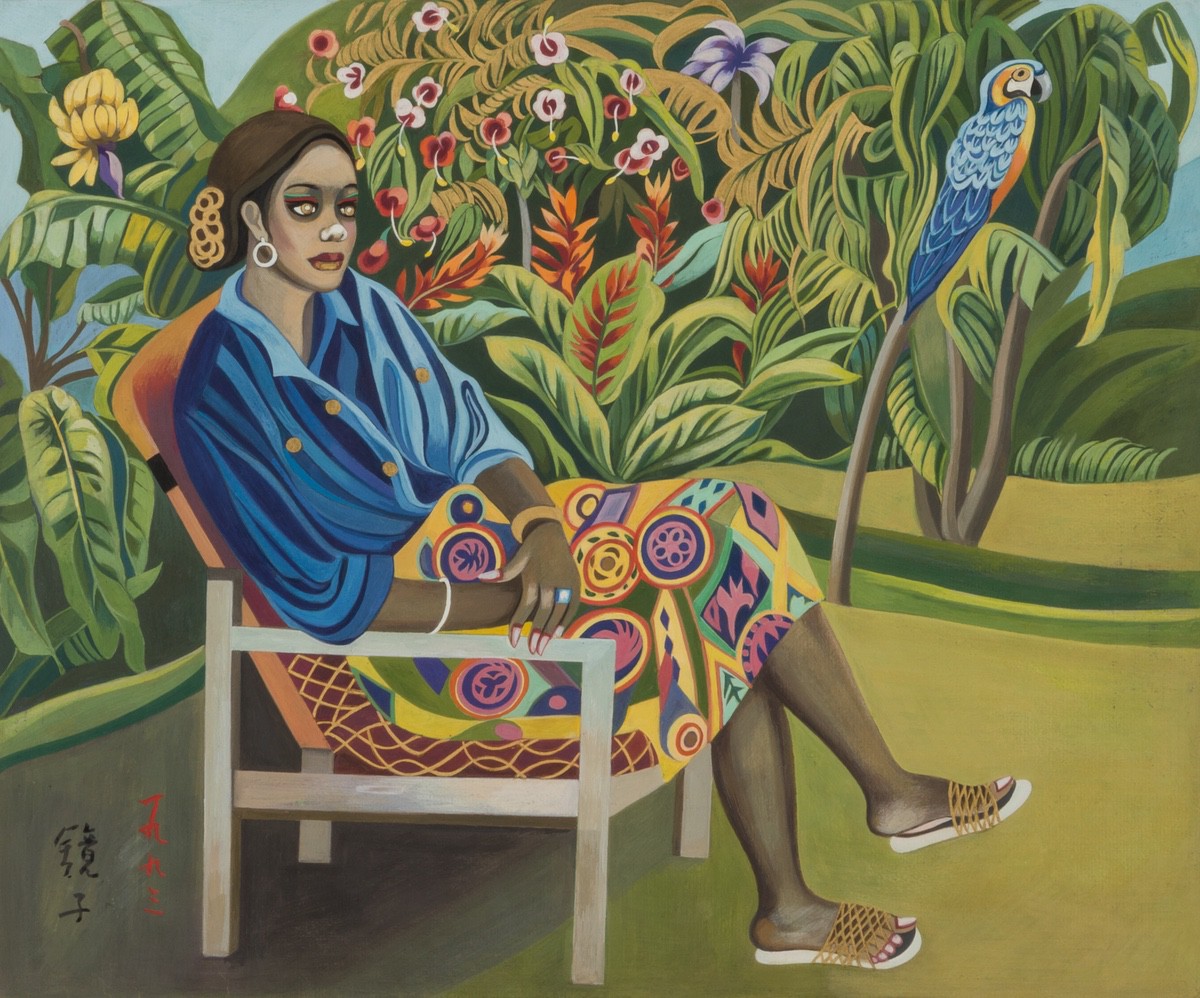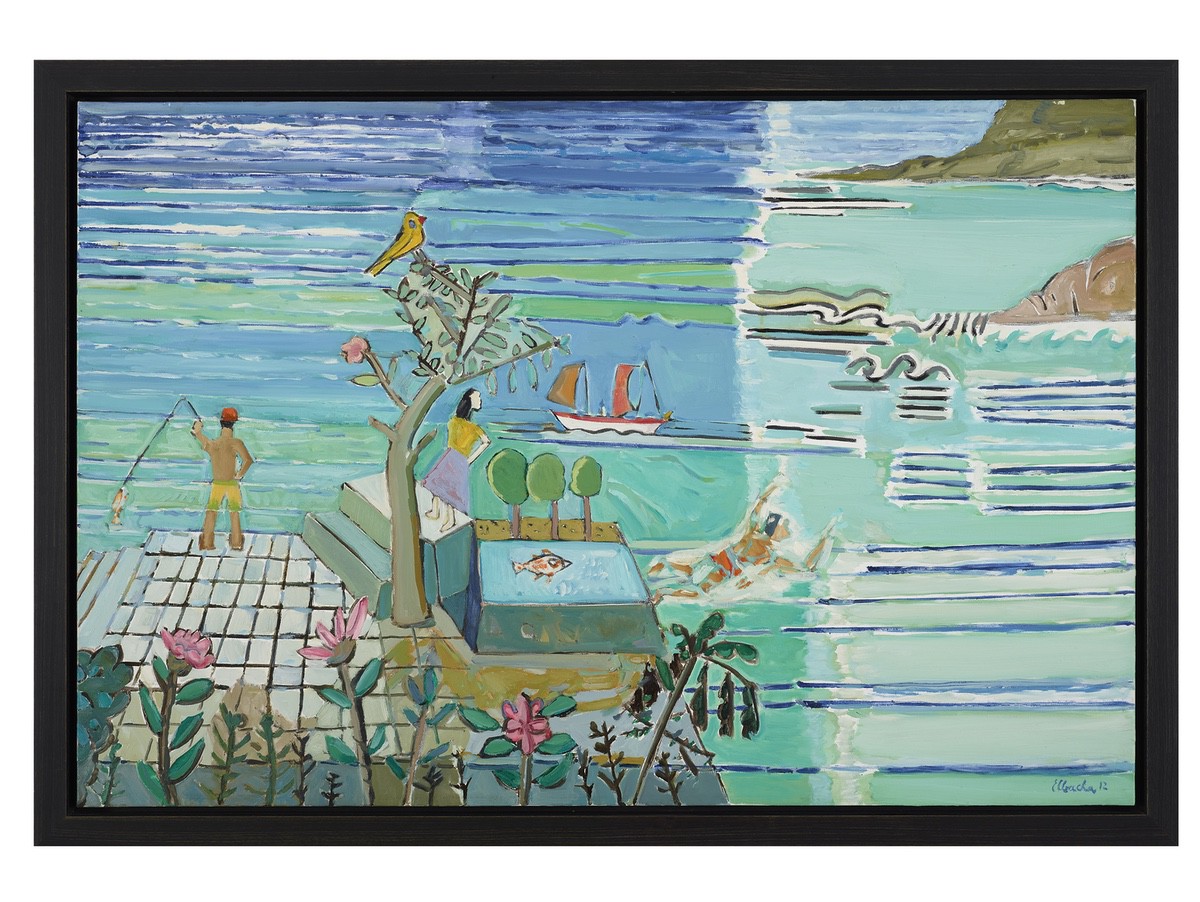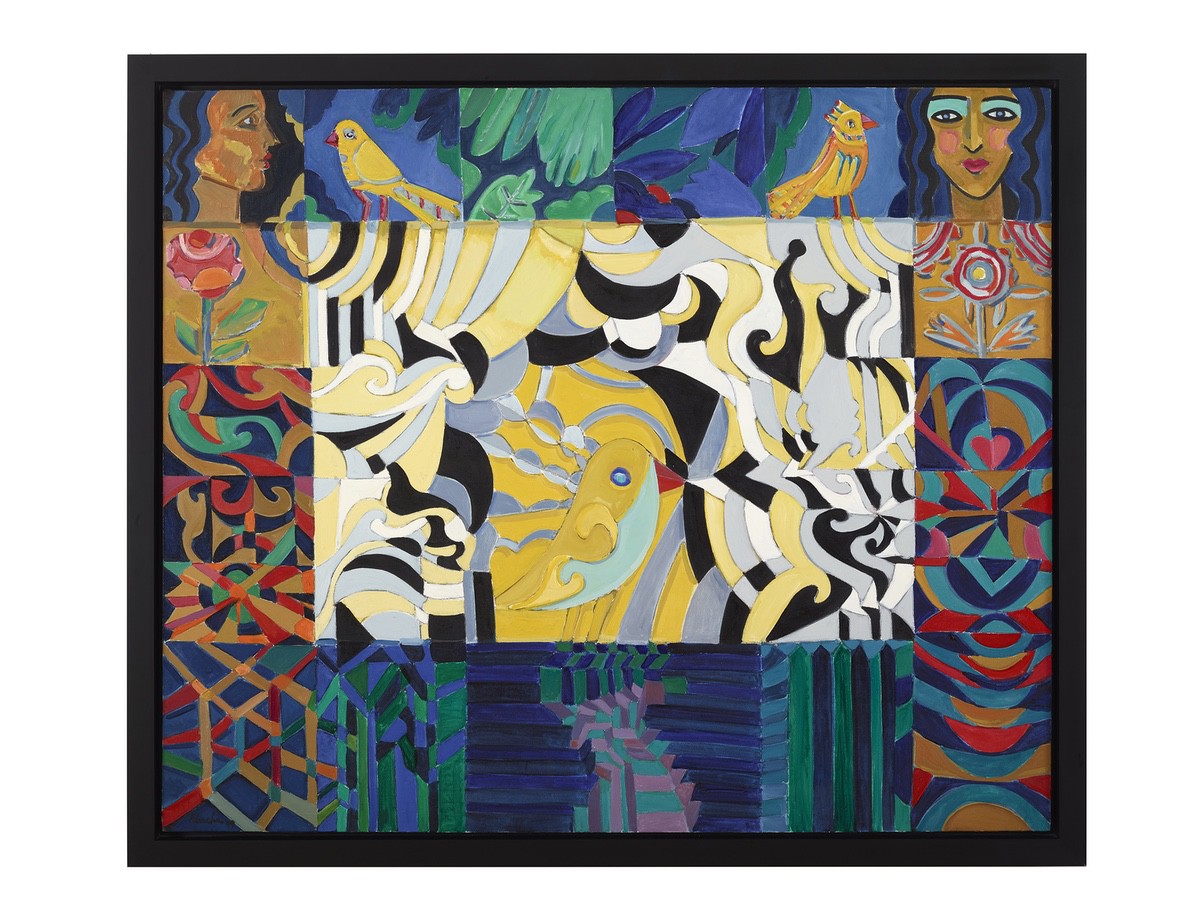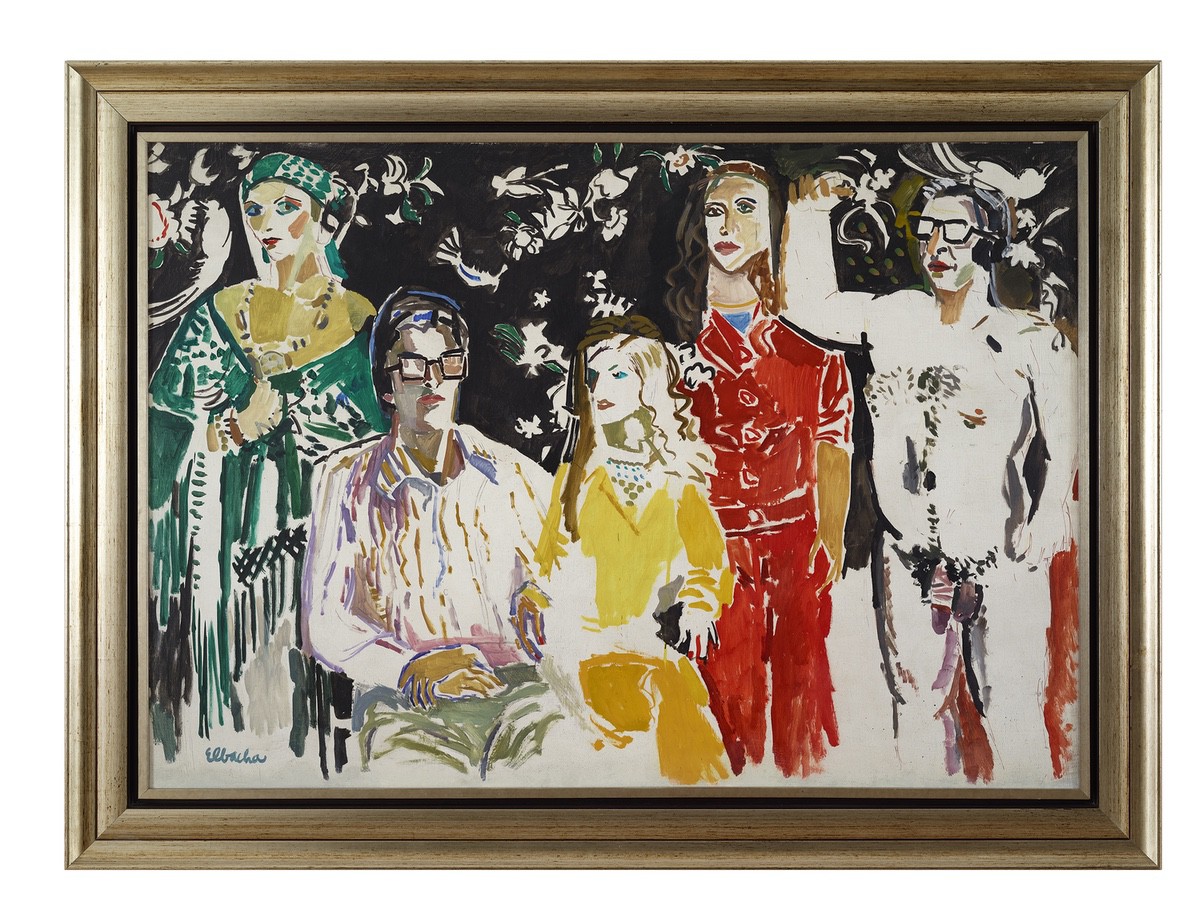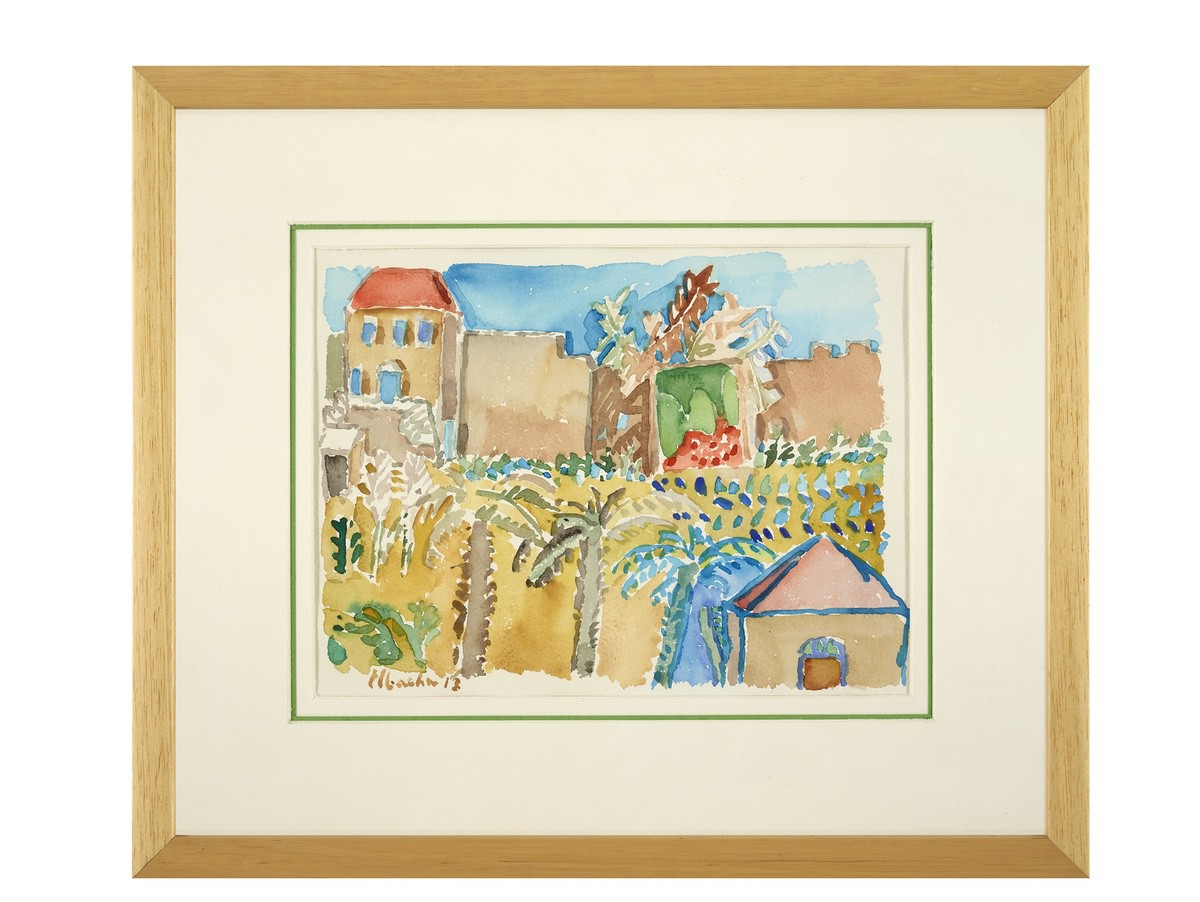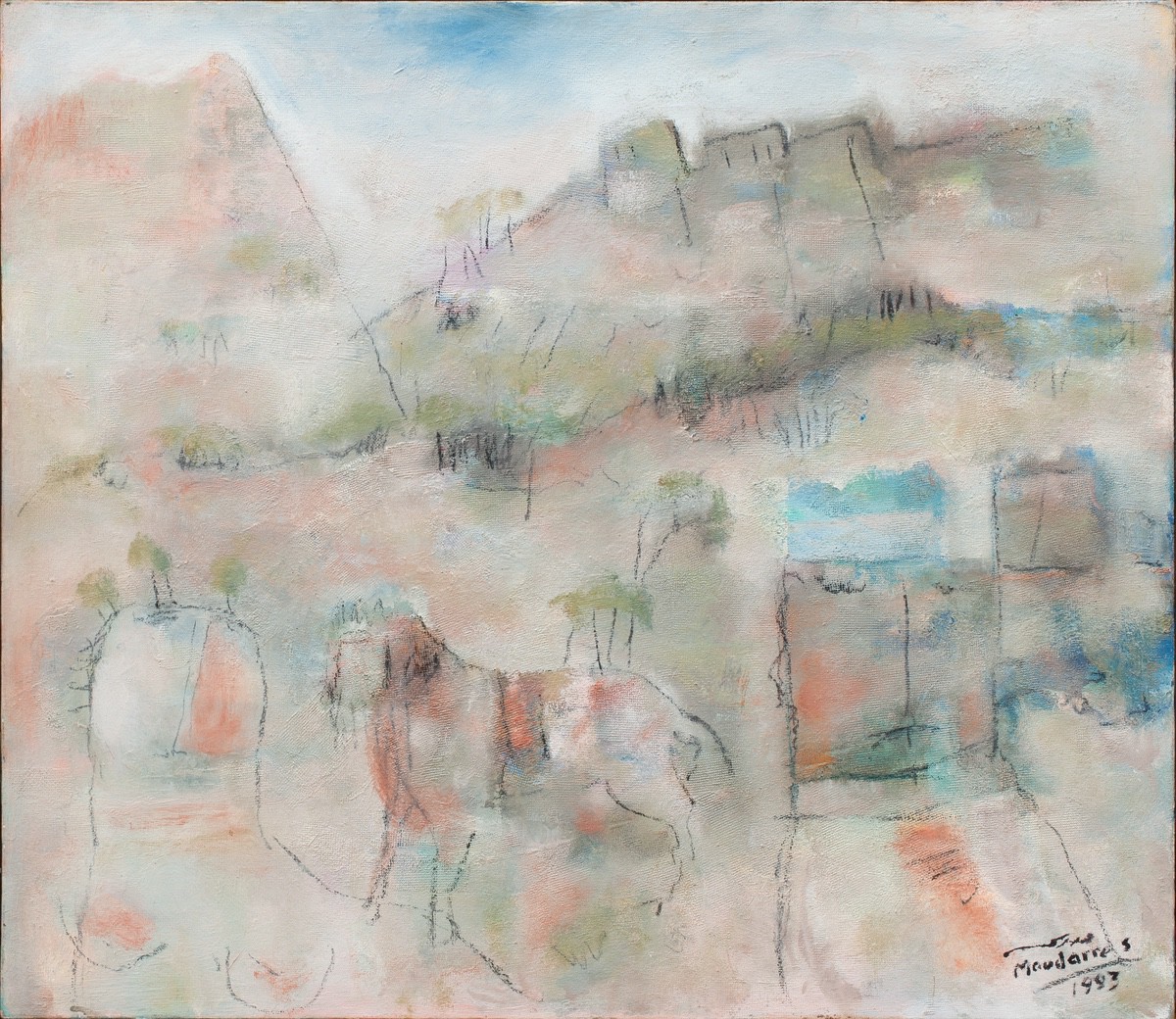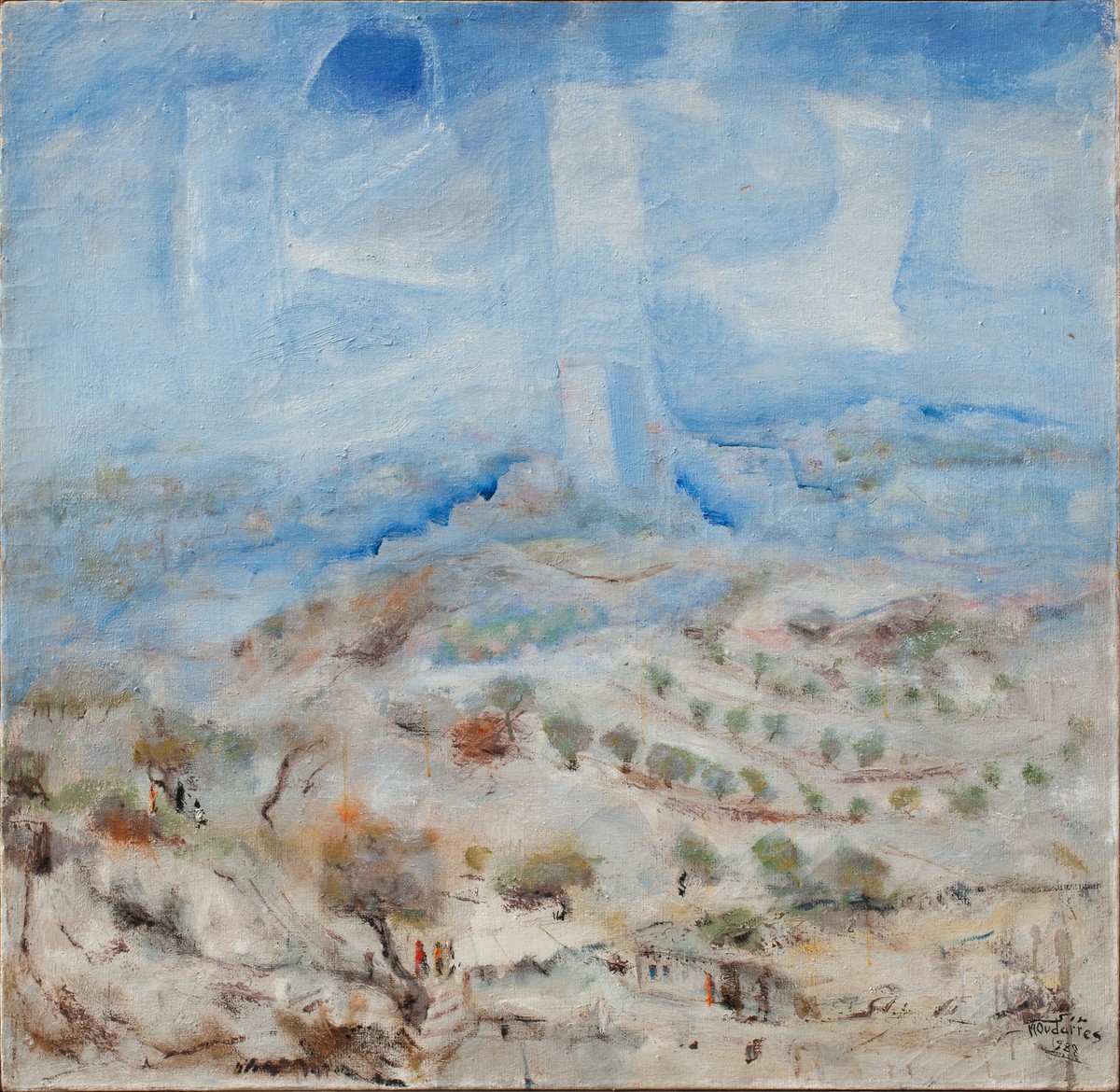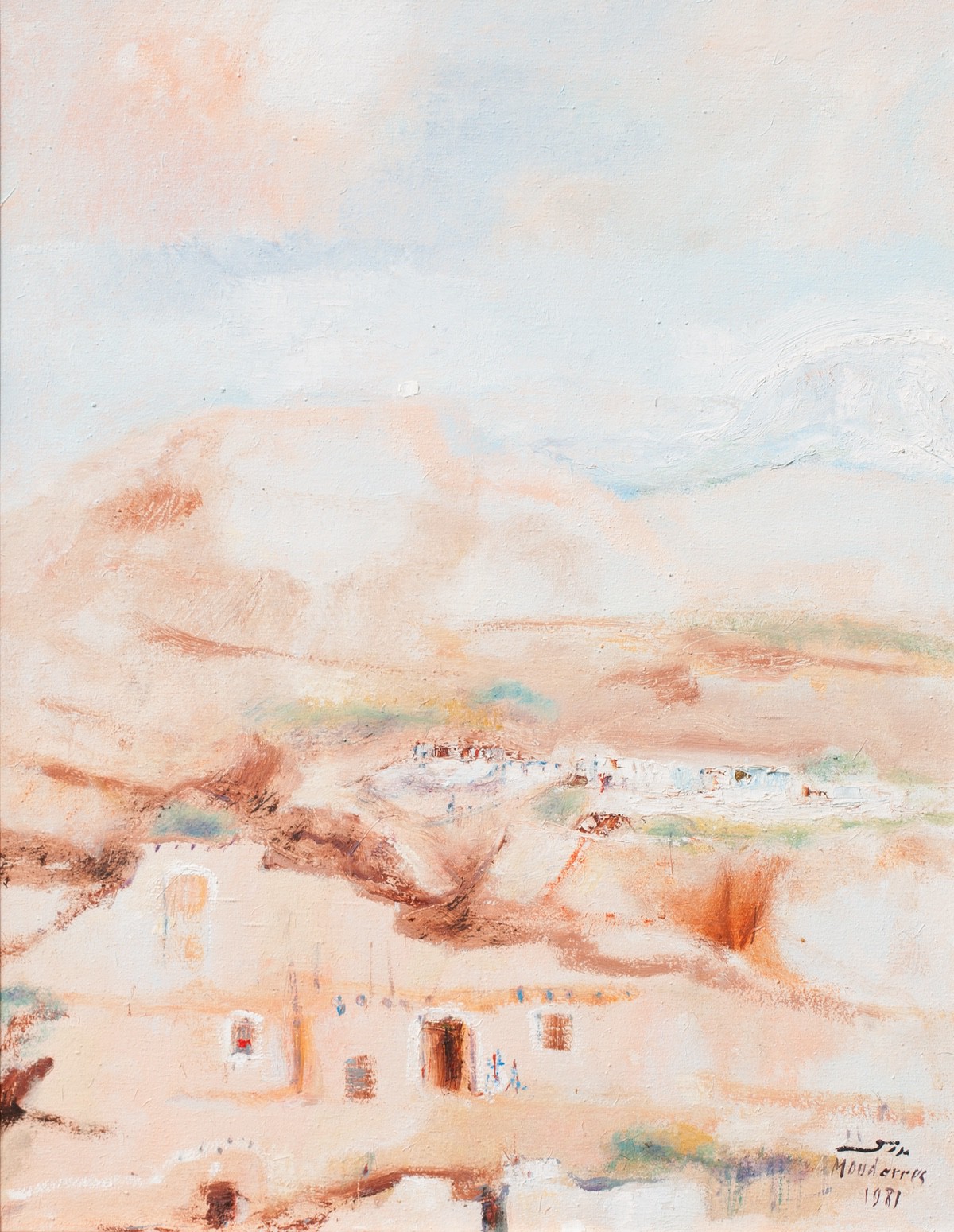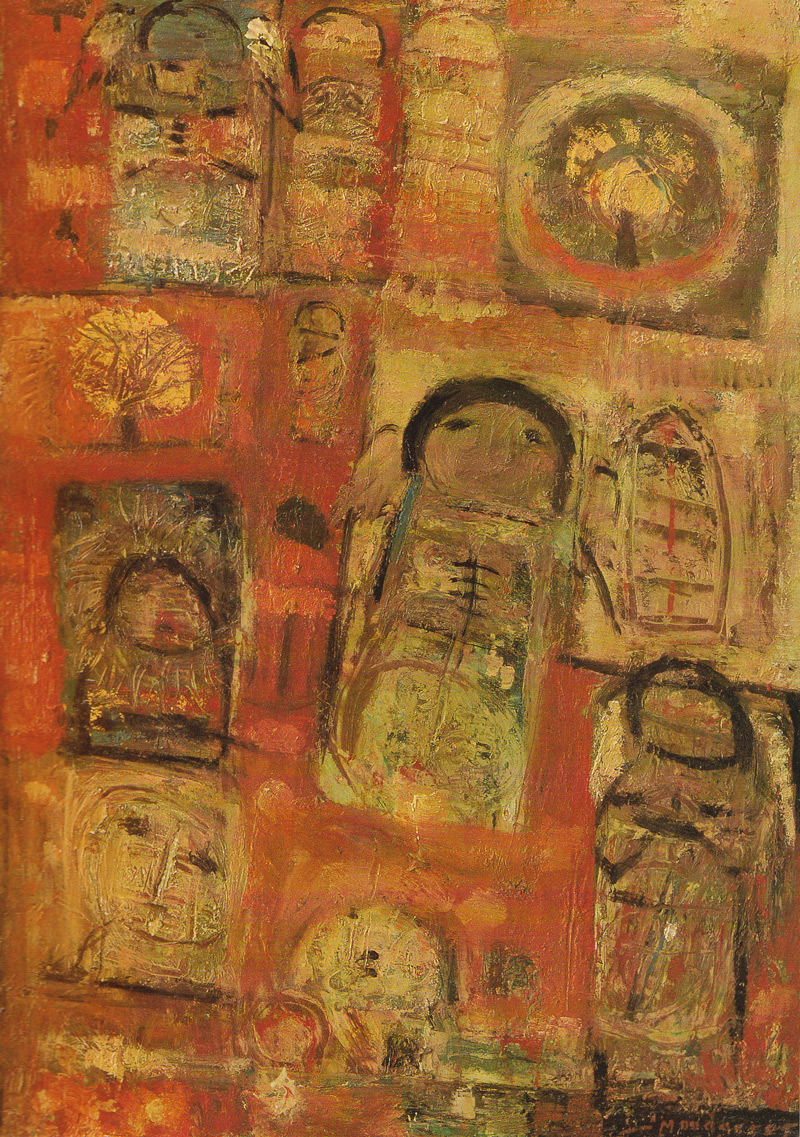
Shining on your days
Fateh Moudarres
1922–1999 / Born in Aleppo, Syria
Fateh Moudarres is one of Syria’s leading artists. He was born into a father of a prominent landowner family and a Kurdish mother. After the passing of his father, he spent his childhood in the countryside with his mother’s family, and the visual experience he had during the period later appears in his works in forms and colors reminiscent of Northern Syria, such as plains, deserts, plateaus, and wilderness. After studying in Rome (1956–1960) and Paris (1969–1972), he returned to Syria and he taught at Damascus University, where he headed the Department of Fine Arts and became the Dean of Fine Arts Association until 1993.
An important element that permeates Moudarres’ works is the absence of his father in his childhood and the sadness of losing his children after marriage. Based on this sentiment, attempts on forms and colors are made. Moudarres became interested in surrealism during his early studies in Europe, and gradually began to depict Syrian landscapes and people as his main subjects. It is characterized by figures with rectangular heads inspired by ancient Sumerian and Assyrian statues in the Syrian regions, and religious icons of Christianity and Islam. Abstract expressions began to appear in the early 1960s. And in the 1970s and 1980s, he showed his own painting style in which warm colors filled the canvas and figurative and abstract were appropriately mixed. By the 1990s, through using lighter colors and lines, he proceeded to the childlike style with less of many of things. As for the material characteristics, there is also matière expressed by mixing sand with paint.
Moudarres was also interested in socio-political issues. Addressing social issues such as the Syrian agricultural crisis and the Lebanese Civil War, he wanted to capture the problems and sorrows of those suffering from oppression and absurdity. On the other hand, Moudarres was a painter and a poet, and had close exchanges with the poet Adonis, one of the most influential figure in the world of Arabic literature at the time, and had philosophical conversations about art, time, and human values. Moudarres’ artistic world reaches a deep spiritual world through philosophical considerations based on his childhood visuals and emotional experiences.

Oh Chiho 〈Self Portrait〉
Date unknown.
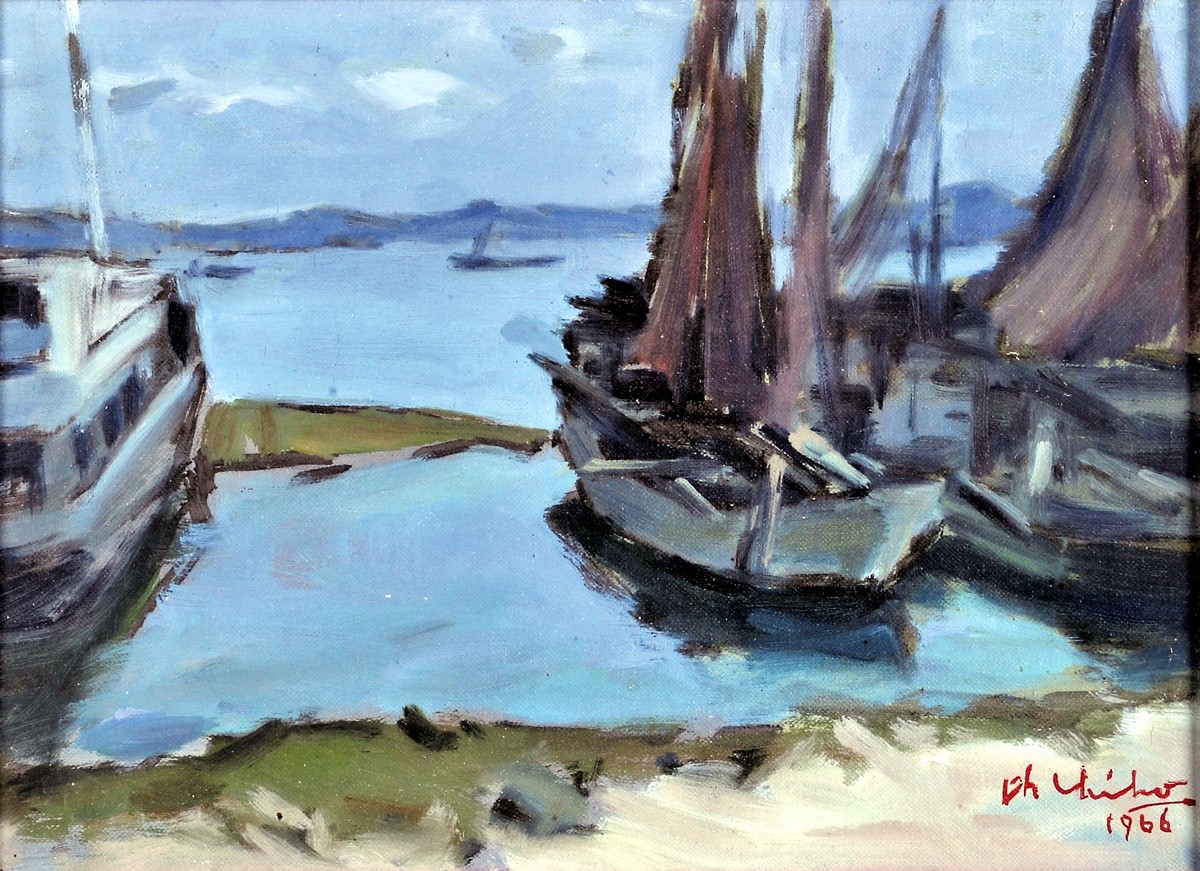
Oh Chiho 〈Port of Mokpo〉
1966.

Oh Chiho 〈Snowscape〉
1926.

Kim Whanki 〈Untitled〉
Date unknown.
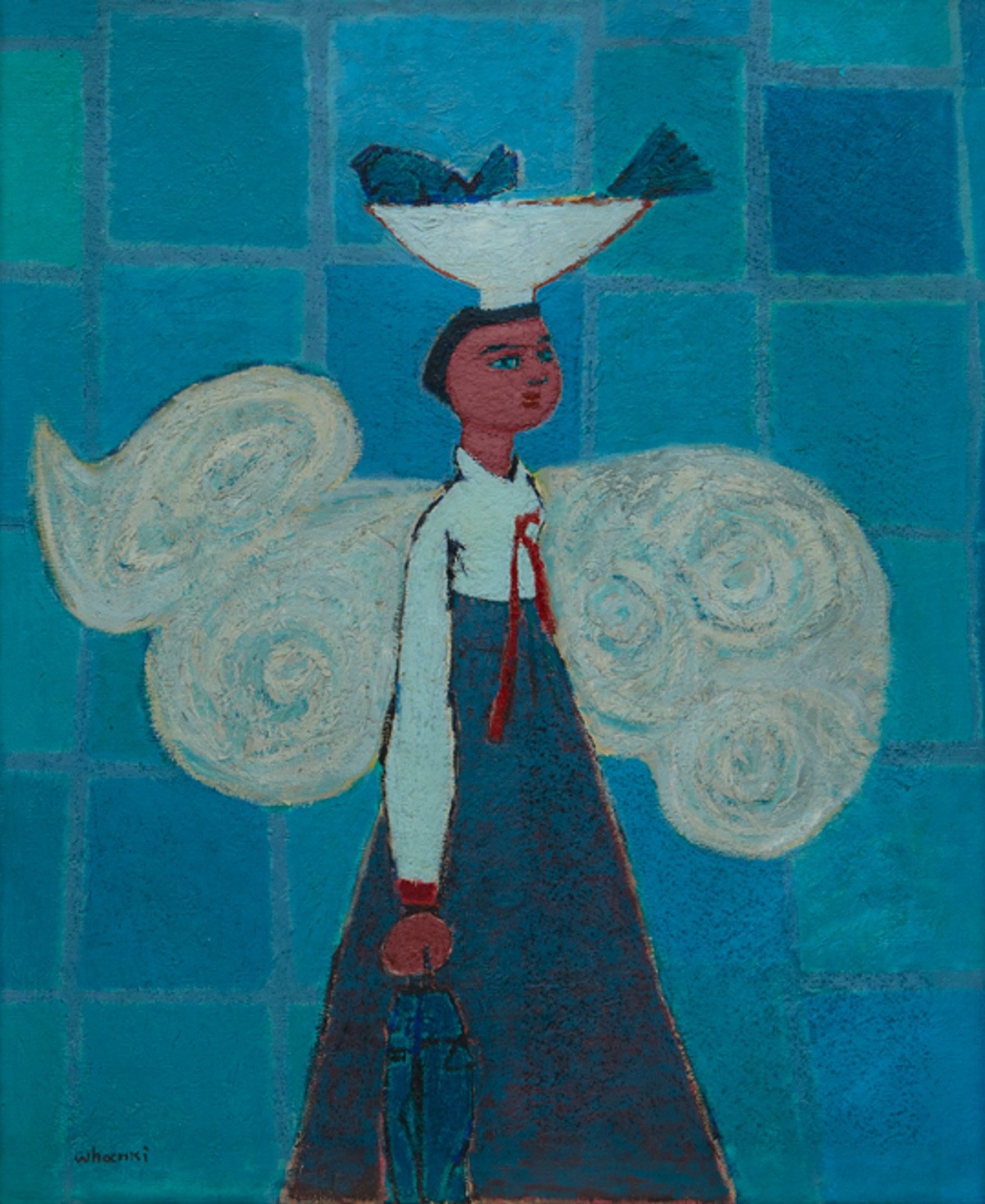
Kim Whanki 〈On the Way Back〉
1950s.
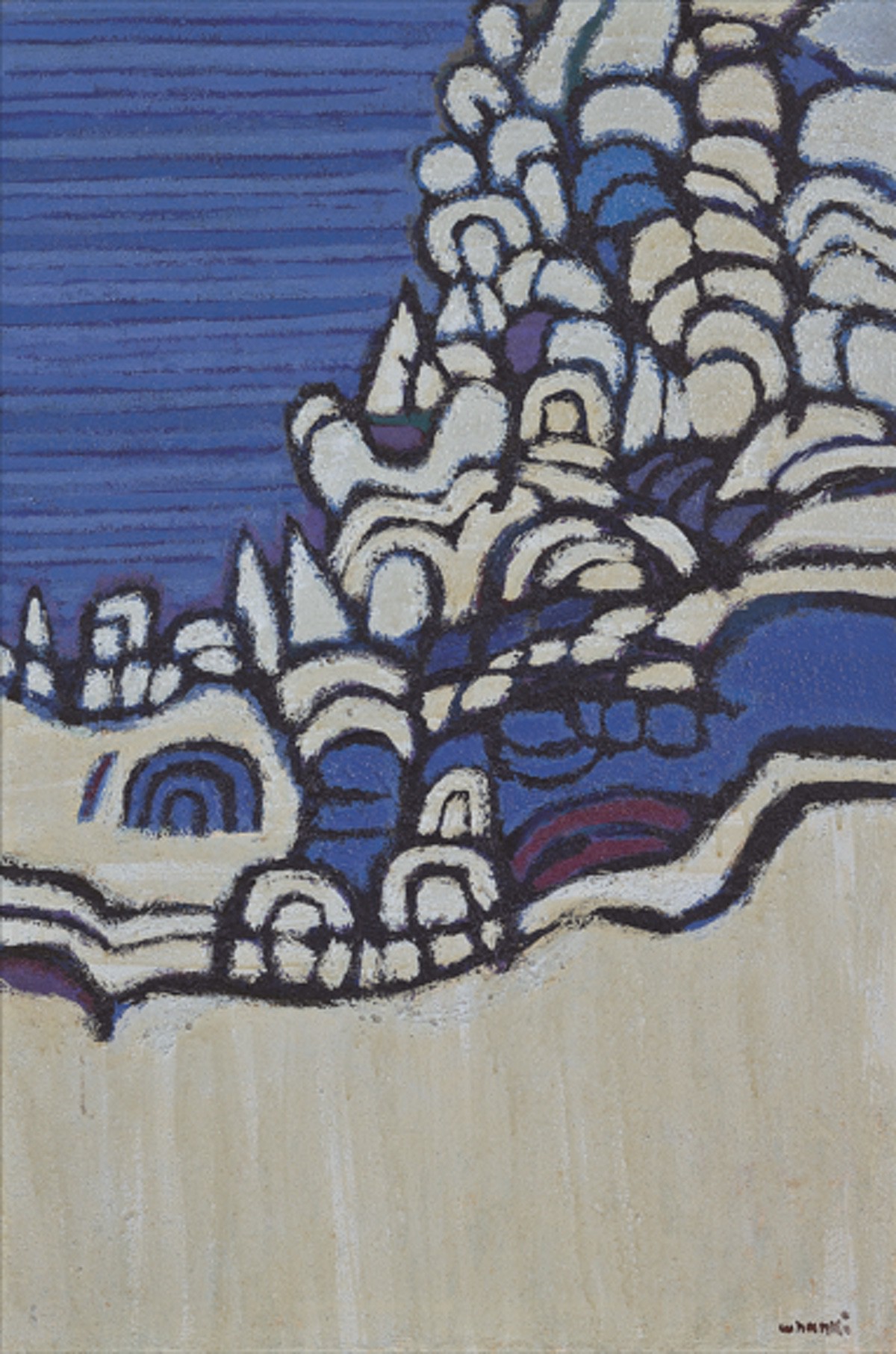
Kim Whanki 〈Island〉
1960s.

Yim Jiksoon 〈Sunset〉
Date unknown.

Chun Kyung-ja 〈Drawing No. 1029〉
Date unknown.

Chun Kyung-ja 〈Drawing No.218〉
Date unknown.

Chun Kyung-ja 〈Drawing No. 806〉
Date unknown.
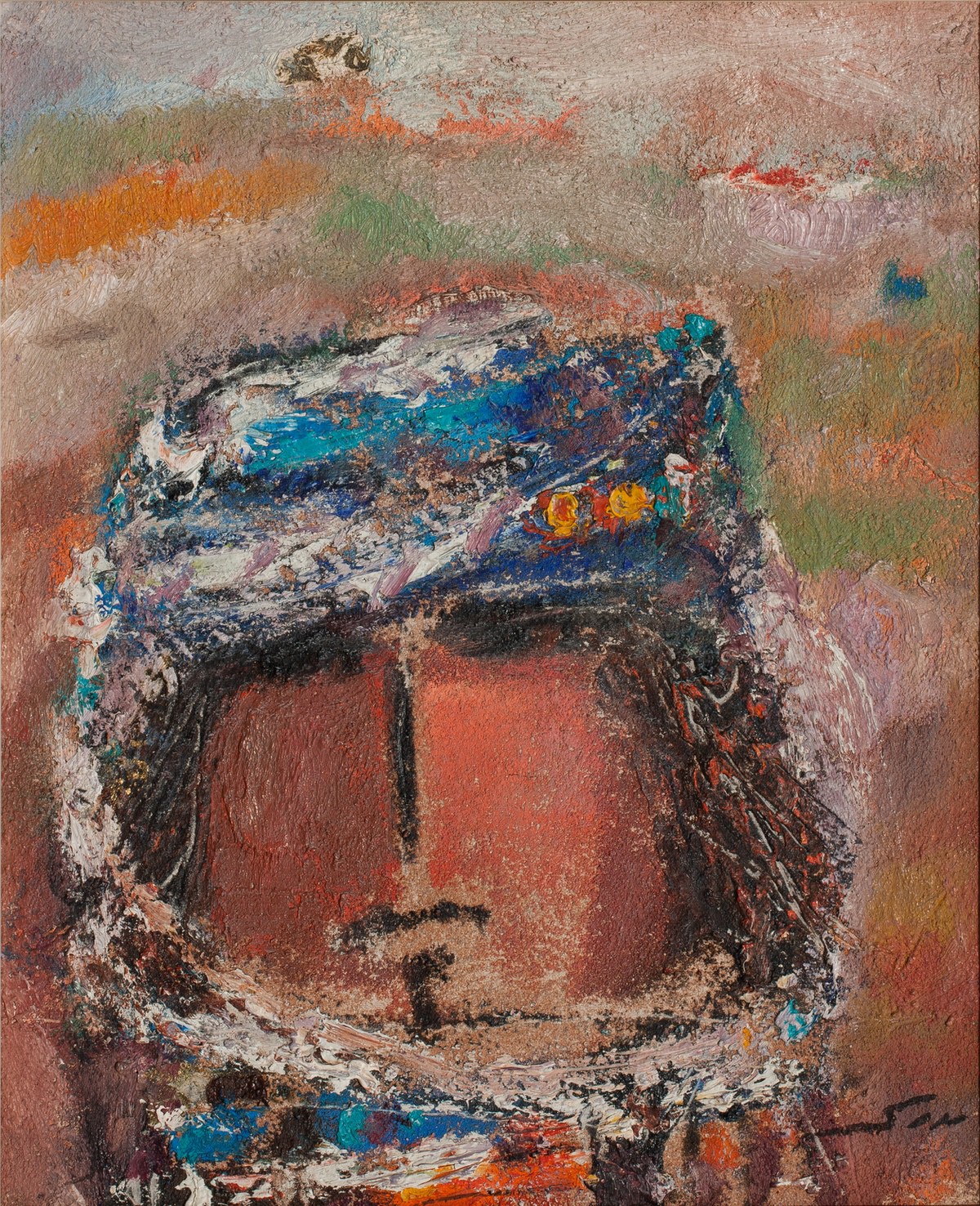
Fateh Moudarres 〈Face〉
Date Unknown.




